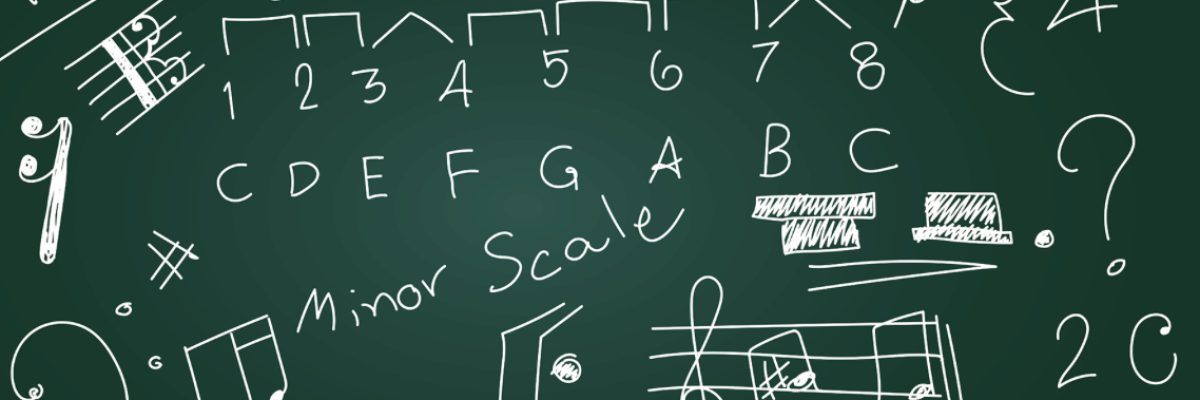Often dismissed as dry and academic, music theory is often seen as an unnecessary hurdle for aspiring musicians eager to dive into the thrill of performance. However, this couldn’t be further from the truth. Music theory is the bedrock upon which all musical expression is built, providing a framework for understanding, creating, and performing music.
Understanding the Language of Music
Music theory is essentially the grammar and vocabulary of music. It’s the language through which musicians communicate ideas and concepts. Just as a writer needs to understand grammar to construct coherent sentences, a musician needs to grasp music theory to create meaningful musical phrases.
- Reading and Writing Music: Music notation is a visual representation of sound. Theory equips musicians with the ability to decipher sheet music, understanding the intricacies of rhythm, melody, and harmony. Conversely, it allows for the accurate transcription of music heard, a skill invaluable for any musician.
- Aural Skills: Music theory enhances a musician’s ability to hear and analyze music. By understanding the building blocks of music, such as intervals, chords, and scales, musicians can develop a keen ear for identifying and reproducing musical elements.
Enhancing Performance
Music theory is not just about abstract concepts; it directly impacts a musician’s performance.
- Improvisation: Whether it’s a jazz soloist or a blues guitarist, improvisation is built on a foundation of theoretical knowledge. Understanding chord progressions, scales, and modes provides a framework for creating spontaneous and compelling melodies.
- Interpretation: Music theory helps musicians delve deeper into a piece, understanding the composer’s intent and making informed interpretive choices. By grasping the underlying structure of a composition, musicians can bring it to life with greater nuance and expression.
- Problem-Solving: Musicians often encounter challenges during rehearsals or performances. Theory provides the tools to analyze and overcome these obstacles, whether it’s deciphering a complex passage or finding a creative solution to a musical problem.
Composition and Songwriting
For those aspiring to create their music, music theory is indispensable.
- Chord Progressions: Understanding chord relationships is crucial for building strong and compelling chord progressions, the backbone of most songs.
- Melody Writing: Theory provides guidelines for creating melodic lines that are both pleasing to the ear and structurally sound.
- Harmony: By understanding harmony, composers can create rich and complex textures that support their musical ideas.
Collaboration and Communication
Music is often a collaborative art form. Music theory provides a common language for musicians to communicate effectively.
- Ensemble Playing: In orchestral, chamber, or band settings, theory ensures that all musicians are on the same page, understanding the musical goals and how their part contributes to the overall sound.
- Arranging: Arranging involves adapting music for different ensembles or instrumentation. A strong understanding of theory is essential for creating effective arrangements that preserve the integrity of the original composition.
Overcoming Misconceptions
Many musicians believe that a natural talent for music is sufficient. While innate ability plays a role, music theory provides the structure and tools to refine that talent. It’s like the difference between a raw athlete and one who undergoes rigorous training. Both can be successful, but the latter will likely achieve greater heights.
In conclusion, music theory is not a dry academic pursuit but a vital component of practical musicianship. By understanding the language of music, musicians can enhance their performance, creativity, and collaboration. While it may require effort and dedication, the rewards in terms of musical growth and fulfillment are immeasurable!


